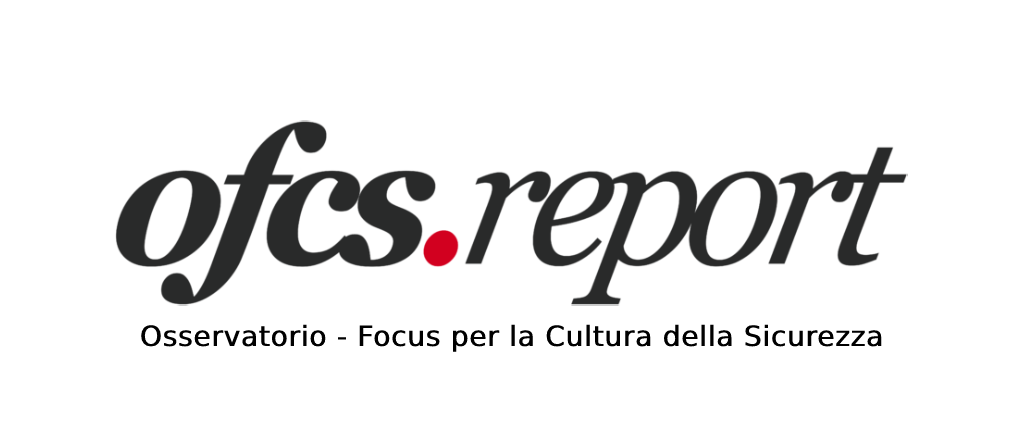The current situation in Cameroon is one of the most underreported and possibly the most misunderstood conflict in Africa. The First question is how did the country find itself in this predicament? That depends on who you ask. If you ask the separatists they will adamantly inform you that they have been an independent country since 1961. There is an interesting backstory to this. On Jan 1, 1960 Cameroon gained Independence from France. Later that year on October 1st Nigeria achieved the same from Britain.
On Jan 1st 1961 a referendum under the supervision of the United Nations was held to determine whether or not British Cameroons (South) would either remain with Nigeria or join Cameroon. The result was that the southern regions decided to join Cameroon while the North decided to unite with Nigeria. However the separatists have a different view.
On April 21st, 1961 the UN General Assembly passed Resolution 1608 (XV) which set a deadline of October 1st to determine the final status of these two territories. The final result was that both territories ended up as being provinces in Cameroon. To contrast, the Anglophone community actually claims this day as their Independence Day. This lays the groundwork for the current crisis at hand.
The situation simmered for decades until 2016. That is when the first of several key events took place. The decision by the Cameroonian Government to send teachers who spoke only French inflamed passions. The teachers in the region were compelled to go on strike as they felt that their livelihoods were being taken away by the central Government. Also this has to be considered to be a contributing factor to the actions of the separatists when they target schools in Northwest/Southwest Cameroon.
It should be noted that the response by the Cameroonian Government has been documented by some as brutal. The Government of Paul Biya has even declared “War” against the insurgency. This is counterproductive. It will harden the resolve of the insurgents in NW/SW Cameroon. But this is not the only region of the country that presents a security challenge.
In the far Northern part of the country there is another major issue. The Boko Haram/ISWAP (Islamic State West African Province) Insurgency has spread into Cameroon from Nigeria. They have targeted the Cameroonian Government and the Military for several years now. The Military has struggled to maintain control in this part of the country as well.
There is another conflict that appears to have spilled over from Nigeria as well. The conflict between ethnic Fulanis and local farmers or as it is more popularly known as “Farmer-Herder” Conflicts has also appeared in Cameroon. Another concern for this conflict is the link of the fighting to the drying up of Lake Chad. There has not been any major efforts to hold negotiations regarding this conflict either.
There is another concern that does not generate much interest as well. That concern is focused around the conflict in the Central African Republic. There are an estimated 600,000 Refugees currently being hosted by Cameroon. As the current situation continues to remain unsettled in CAR it is possible to see Militias recruit new fighters from among these suffering people as well.
The challenges that face Cameroon on the surface appear to be very similar to those impacting its neighbor Nigeria. In two cases there is proof that some of the actors in Nigeria find ample reason to exploit a similar climate to the one currently found within Nigeria.
Has any other nation stepped forward to assist Cameroon? We know of one country that has seen fit to suspend Military Assistance to Cameroon. That country is the United States. In 2019 the Trump Administration found cause to suspend Military Assistance to Cameroon over Human Rights concerns. Even though it has been in office for a year the Biden Administration has not reversed this policy by the previous administration.
Cameroon receives assistance in the North from the Multinational Joint Task Force (MNJTF) to deal with the Boko Haram Insurgency. That means it receives aid from Niger, Nigeria and Chad in dealing with the Insurgency. Officially the Cameroonians receive no assistance from any country although there is evidence of Israeli Mercenaries training elite Government troops.
This is a strategically important country struggling with many actors directly or indirectly affecting events in the country. It will be a country to watch.





